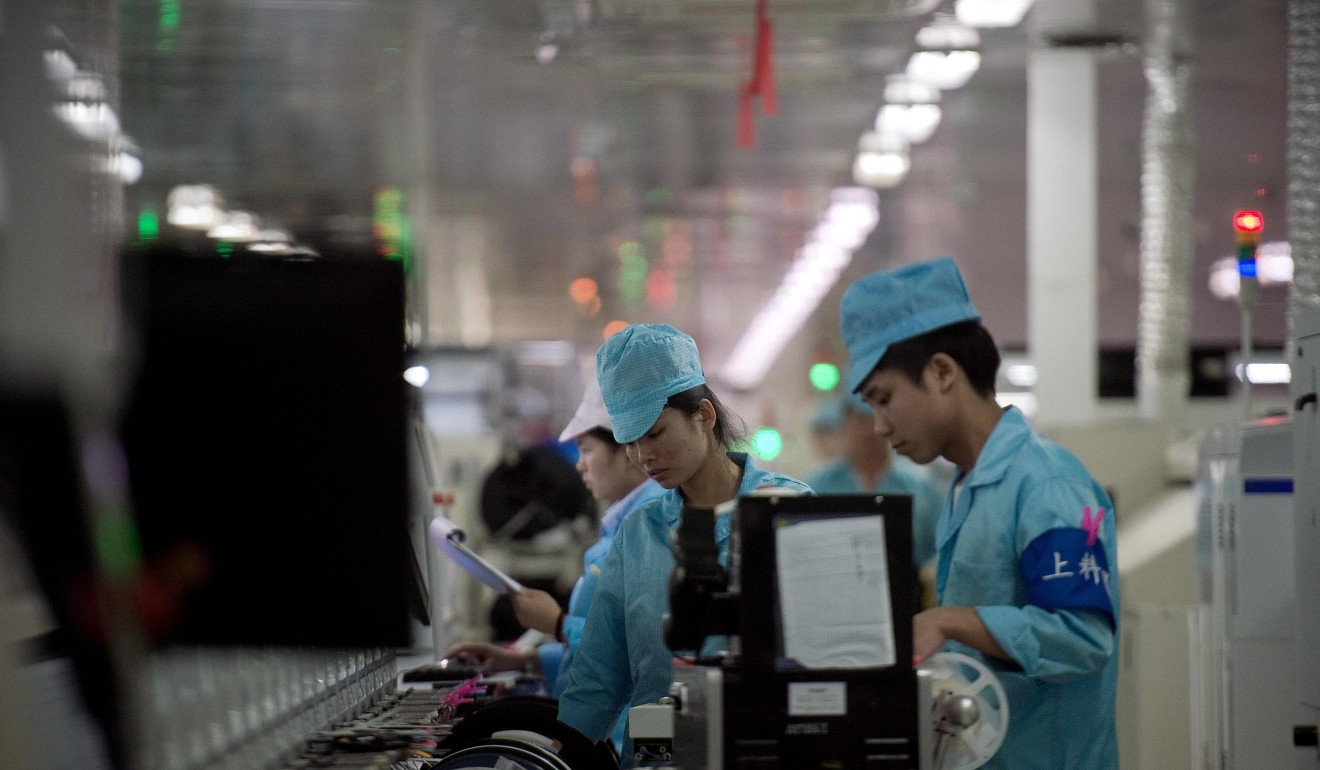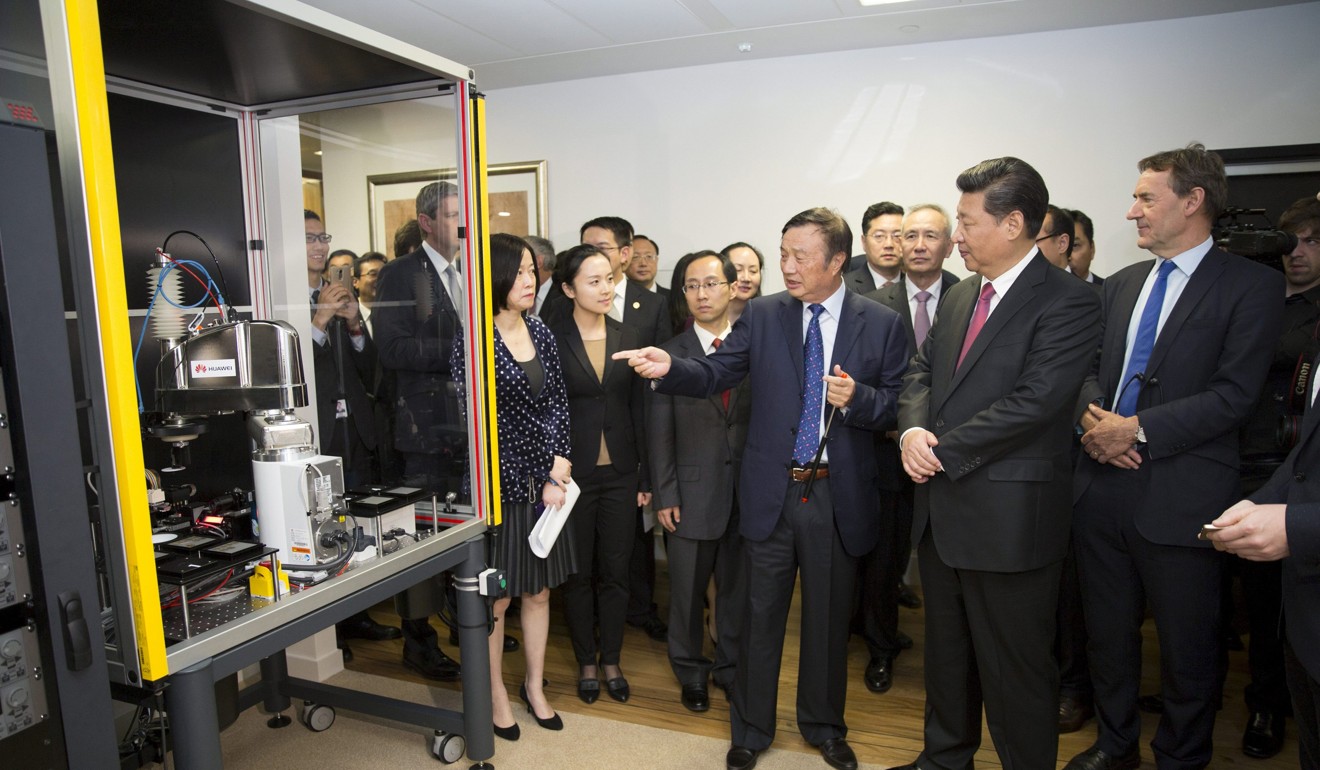
Why China and the West should work together on cybersecurity problems
Robert Hannigan says China’s investment in artificial intelligence, and its key role in manufacturing hi-tech products, make it an indispensable partner in the cybersecurity realm, regardless of whether the West distrusts it
It is this dominant role in the global IT supply chain – both now and in the future – and the growth of high-grade research and innovation, underpinned by the global investment reach of major Chinese companies, that makes China a pivotal player in cybersecurity.
A look at how China is using technology to improve rural access to quality health care
As the global centre of the IT industry, China can help us all avoid the mistakes of the past
The structural insecurity of the internet will inevitably be amplified by the internet of things if we don’t take action to improve security standards. Billions of new devices will be connected, producing exponential increases in data around the world. If we are to get the benefits of this revolution, we need to ensure good basic security as a default. If we do not, the devices themselves will be vulnerable and, more significantly, their processing power will be harnessed by criminals to harm others.
As the key producer and, increasingly, designer in the global IT supply chain, China could lead the way in applying good standards, developed in cooperation with the West. As the global centre of the IT industry, China can help us all avoid the mistakes of the past.

China’s Huawei set to lead global roll-out of 5G mobile networks
As a result, in 2010, we established a cybersecurity evaluation centre within Huawei and funded by the company. Its job has been to look at hardware and software installed in the UK which might have implications for national security. It reports annually and publicly through an oversight board. This mechanism has allowed a major Chinese company to pursue investment which benefits China and the UK, while allowing the British government to reassure itself that it is fulfilling its obligations in managing risks to national security.

Why fears over a malign China replacing a benign America are a gross distortion of history
This cybersecurity experiment between the UK and a major Chinese company is a first, drawing on the expertise of both sides. It offers a sensible and pragmatic model which we can build on to enable the best of Chinese technology to be available in the West. At the same time, the West should work with China to embed security standards across manufacturing and development. Where the internet is concerned, we all stand to benefit from this cooperation.
Robert Hannigan was until recently director of GCHQ, the UK’s largest intelligence and cybersecurity agency and he set up the National Cyber Security Centre. He is speaking at the GREAT Festival of Innovation, which will be held in Hong Kong from March 21-24
